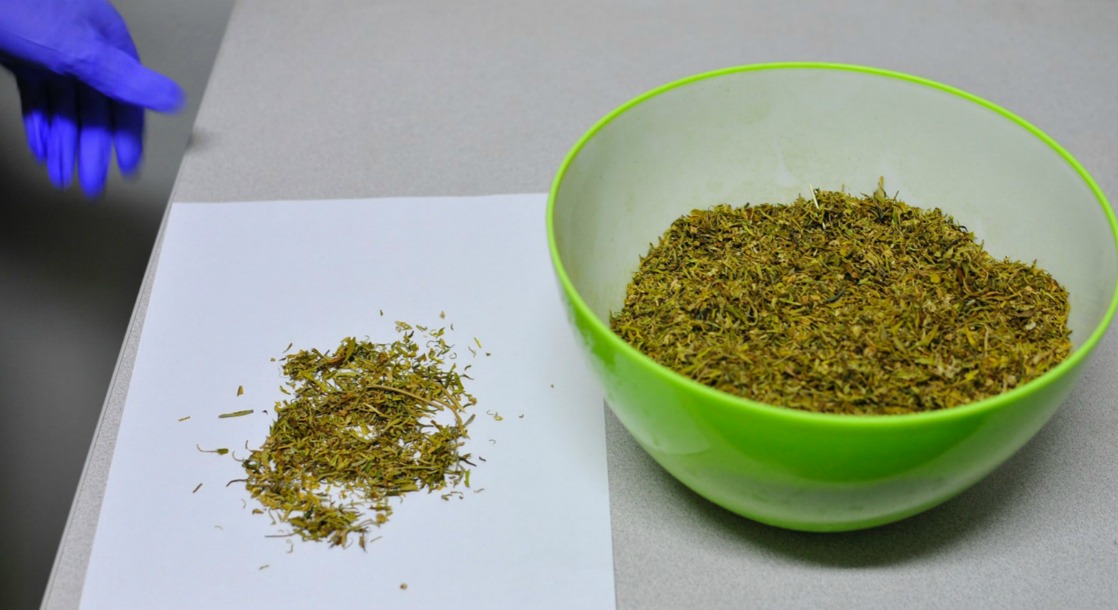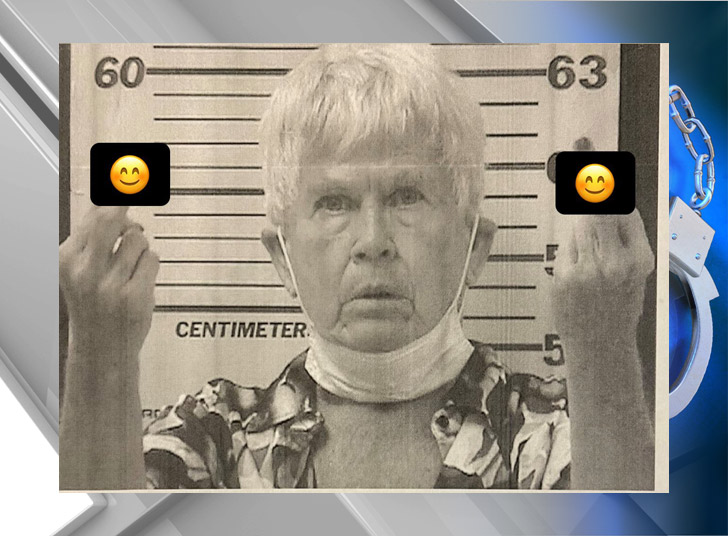Researchers at Johns Hopkins University have dropped out of a government-sponsored study examining the effects of cannabis on post-traumatic stress disorder (PTSD). The University ditched the study after reports surfaced about the low-quality, possibly contaminated marijuana provided by the National Institute on Drug Abuse (NIDA) for studies.
Johns Hopkins was one of two facilities signed on with the nonprofit Multidisciplinary Association for Psychedelic Studies (MAPS) to take a multiyear look at the benefits, or detriments, of cannabinoids on PTSD, a disorder that affects a huge number of U.S. military veterans.
When researchers at Johns Hopkins saw the low quality weed they quietly removed themselves from the MAPS program. It was only after Sean Keirnan, president of the veteran-focused advocacy group Weed for Warriors, called the University and heard a pre-recorded message saying that the study was no longer active that he found out Johns Hopkins had indeed dropped out. Keirnan then followed-up by sending an open letter to John Hopkins, asking for an explanation.
But after that didn’t come soon enough, reporters at Leafly pushed the University even further, and were finally able to garner a response in the form of a press release detailing the University’s inability to work with the government-grown ditch weed.
“It is Johns Hopkins’ mission to conduct high quality scientific research and save lives.” The statement said. “Johns Hopkins elected to withdraw from the MAPS study of cannabis in veterans with PTSD prior to any participant enrollment because our goals for this study weren’t in alignment. Johns Hopkins remains dedicated to helping military veterans, finding improved treatments for PTSD, and conducting innovative research to enhance our understanding of both the risks and benefits of cannabis/cannabinoids.”
MAPS spokesman Brad Burge went even further, and told reporters that the main reason Johns Hopkins dropped out was because of the poor quality cannabis.
“NIDA wasn’t able to provide the relatively high THC level that we wanted to look at,” Burge said. “We asked for a 12 percent THC strain, and they were only able to get us a 10 percent.”
And while the straw-like cannabis couldn’t even reach a measly 12 percent THC levels – even as strains in legal weed states hit 25 percent THC and higher – that won’t stop MAPS from proceeding with the PTSD study at their location in Arizona. The study has 76 military veterans ready to participate and $2.1 million in funding from the Colorado’s Department of Public Health and Environment.
Just because they’re working with what they have doesn’t mean MAPS researchers are happy about NIDA’s dirt weed, though. As well as research, MAPS also advocates for cannabis policy change and has been a vocal proponent of ending the NIDA’s monopoly on research weed.
After all, maybe researchers from Johns Hopkins would have stuck with the study if they’d had access to some Gorilla Glue #4 or Blue Dream.











